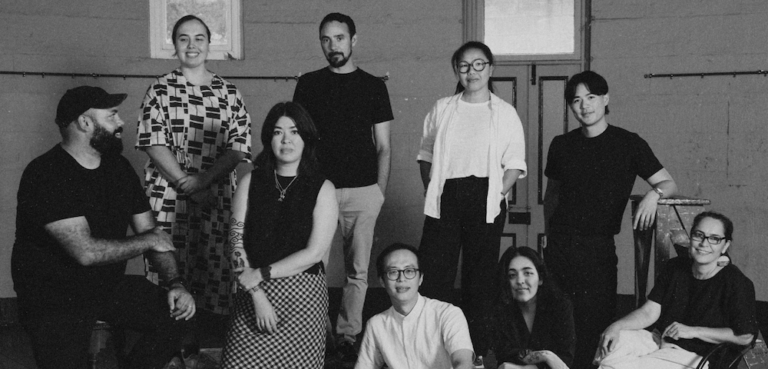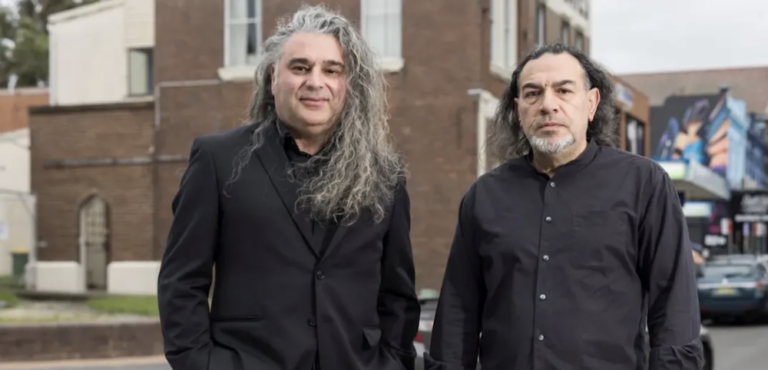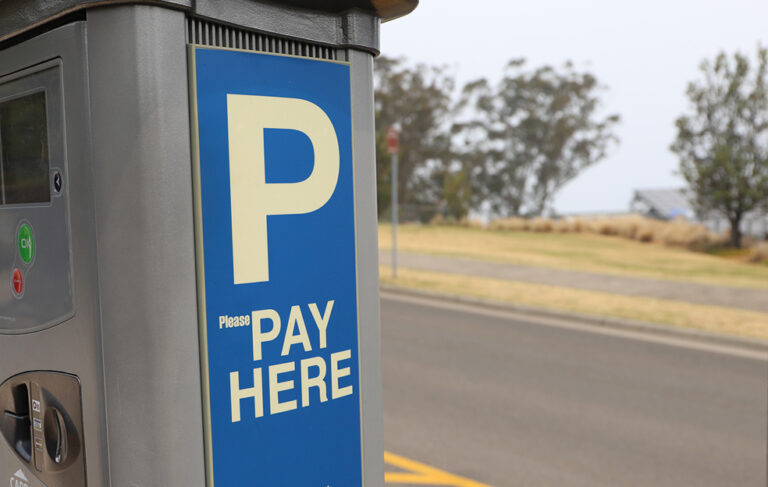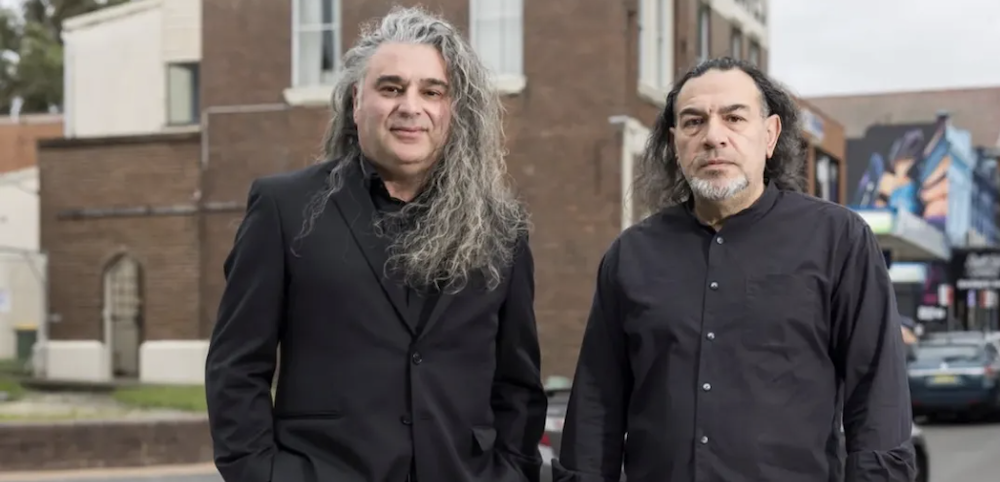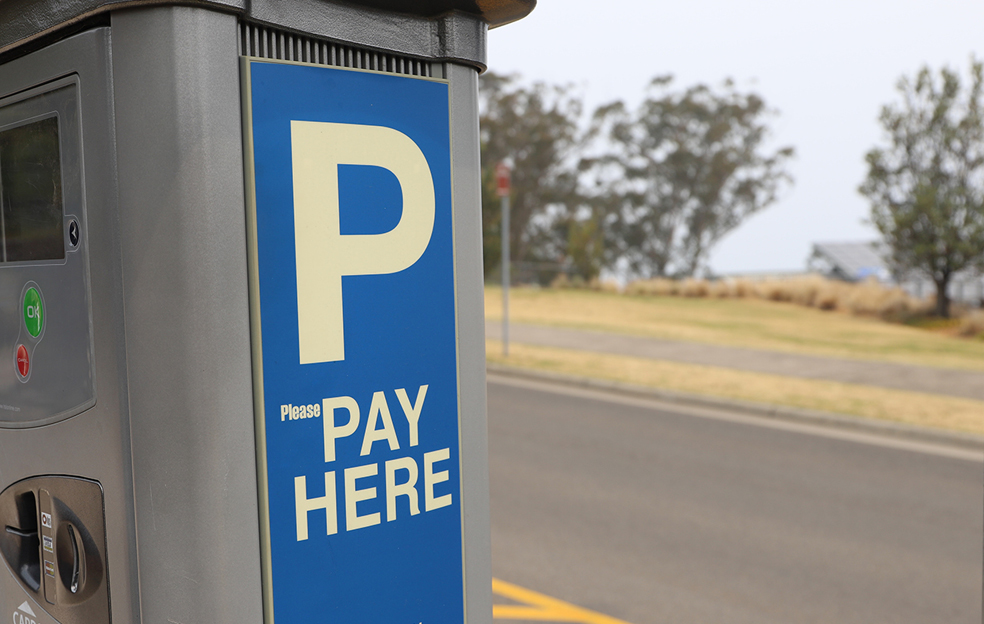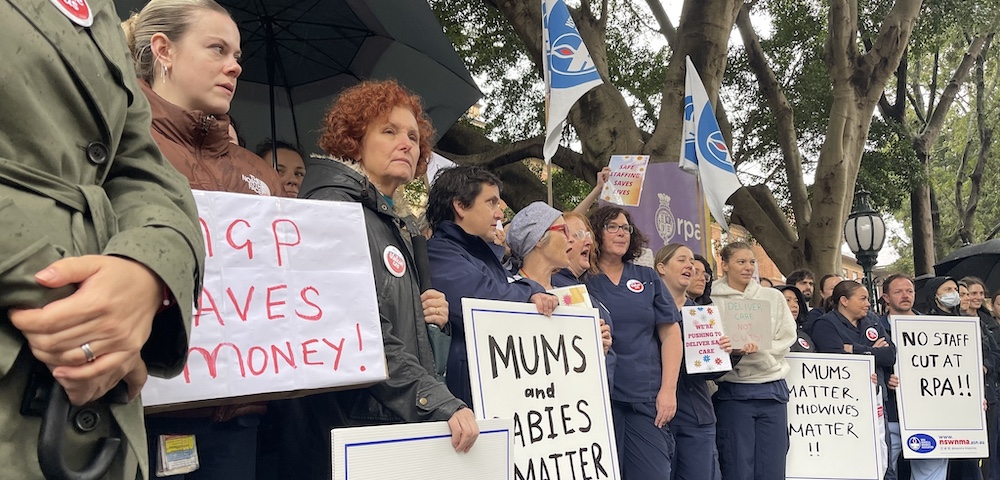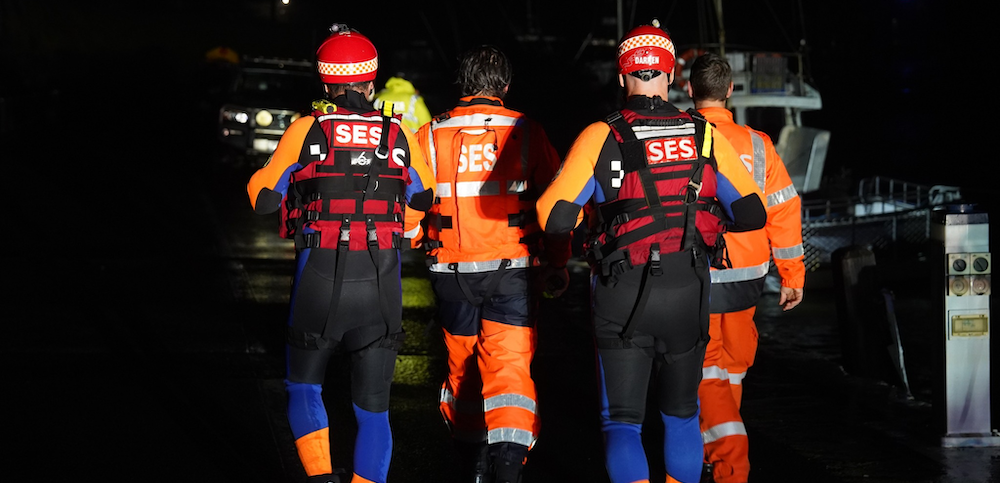
City of Sydney has $787.7 million dollars in the bank. Councillors say it should be used on the cost-of-living crisis

The City of Sydney has recorded a record amount of $787.8 million in the bank in cash and cash assets, with some councillors saying the council should be doing more to provide affordable housing and cost-of-living relief.
The huge number comes from the council’s total cash and investment position as of 30 April this year, with investments earning interest of $2.6M for the month.
A City spokesperson said, “The April investment report advised that the City held $69.9M in the bank on 30 April, and a further $717.8M in income generating investments that we hold to help fund our annual expenditure.”
Labor councillor Linda Scott told City Hub, “Residents in the City of Sydney would be shocked to learn that the City’s assets include a whopping three quarters of a billion dollars cash in the bank.”
“The Lord Mayor and her team must do more for Sydneysiders struggling with the cost of living crisis.”

“Not our express responsibility”
In response to City Hub inquiries about the money, Lord Mayor Clover Moore said, “During the 90s, the City was on the brink of bankruptcy. Since I have been elected, we have delivered budget surpluses every year, all of which have received unqualified audits.”
The surpluses fund the City’s $2 billion ten year capital works program, she continued. “Our strong financial position allows us to provide quality services whilst keeping our rates among the lowest in metropolitan Sydney – including free rates for pensioners.”
“Our sound financial management allows us to go above and beyond the Council’s direct remit of roads, rates and rubbish. While not our express responsibility the City takes significant action on climate change, provides Affordable Housing and support for cultural sector and vulnerable communities, including millions of dollars for food relief and our homelessness unit.”

In this year’s budget, the Council will make $845 million in income, and will spend $730 million plus some of the $115 million “Operating Surplus”. Most of the surplus will be spent on capital works and upgrading existing ‘assets’ like footpaths, or otherwise invested in cash or buildings.
Currently, the draft City of Sydney budget has allocated funds for a new food security grant of $1.5 million, unanimously supported by councillors.
Affordable housing remains the least funded priority in the budget at $5.4 million. That’s less than 1 per cent of the nearly $800 million budget.
The office of the Lord Mayor, with 22 full-time equivalent staff, comes in at $4.3 million.
“Council should not be a bank”
City Hub also spoke to Greens councillor Sylvie Ellsmore, who highlighted a key difference between her views and those of the Lord Mayor’s – she believes councils should take more responsibility in ensuring affordable housing.
“Council should not be a bank,” Cr Ellsmore told City Hub. “It should be investing in the community. It should be investing in housing like other councils in Australia and around the world do, and like this council used to.”
A previous housing report by Cr Ellsmore, Lessons from London and Paris, which found that only 9 per cent of housing in the City of Sydney is affordable, social or public housing.
London and Paris had shown it was possible to deliver a large amount of such housing, and quickly, through greater government intervention, instead of leaving the housing market to the public sector.
In addition, both cities saw more participation from local councils.
“The City of Sydney is the richest council in NSW,” Cr Ellsmore added.
“It is not responsible budgeting for the Council to harvest massive surpluses in the face of the affordability pressures faced by the community.”

This article was updated on Friday June 14 following a City of Sydney response.

